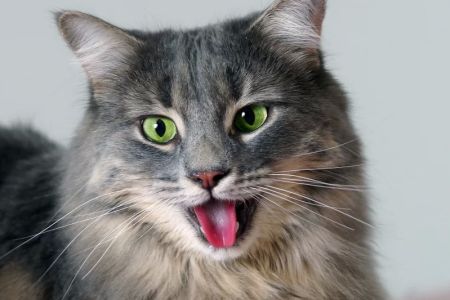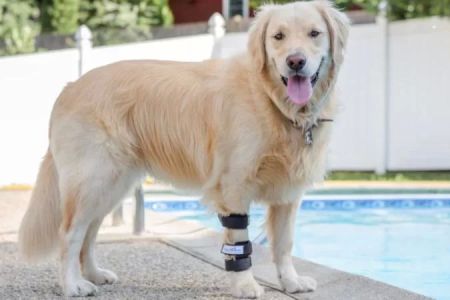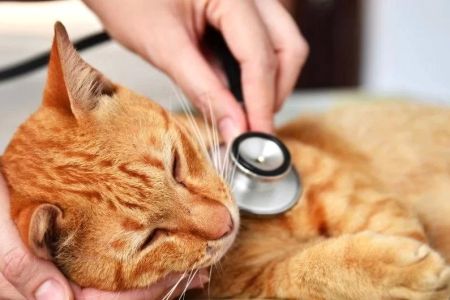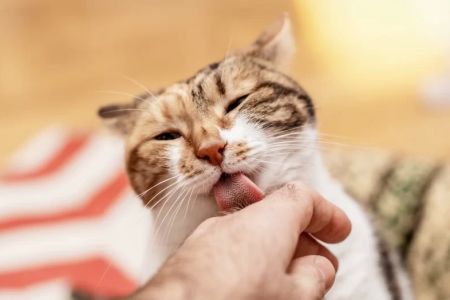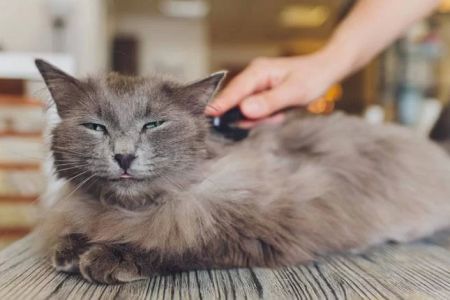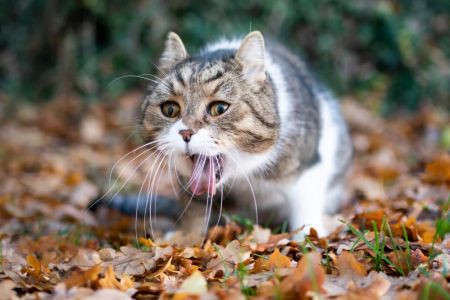Understanding Shaking and Panting in Cats
As a cat owner, it can be alarming when you notice your cat shaking or panting unexpectedly. These behaviors are often associated with distress or discomfort, but the causes behind them can vary significantly. It’s crucial to understand what’s happening so that you can address it appropriately and ensure your cat’s well-being.
In my experience as a pet owner, I’ve encountered moments when my cat would start shaking and panting, leaving me confused and concerned. Over time, I learned that these behaviors can point to several different causes, from mild stress to more serious medical conditions. It’s important to keep a calm head and try to figure out what might be causing your cat’s discomfort.
Why Is My Cat Shaking?
Shaking or trembling in cats can happen for many reasons. Here are some of the most common causes:
1. Anxiety or Stress
Just like humans, cats can experience anxiety. Stressful situations—such as a visit to the vet, changes in their environment, or loud noises—can cause your cat to shake. When my cat experienced anxiety, it would often start trembling, especially during car rides or when meeting new people. In these cases, the shaking was a clear sign that my cat was feeling overwhelmed.
If anxiety is the culprit, the shaking will usually subside once the stressful event is over. However, chronic stress or anxiety may require intervention, such as behavioral training or calming aids.
2. Pain or Discomfort
Shaking can also be a sign that your cat is in pain. If they have been injured or are suffering from an internal condition, shaking can occur as a reaction to the discomfort. For instance, if your cat has arthritis or a muscle strain, the shaking could be a way for their body to cope with the pain.
One time, my cat began shaking after playing too aggressively. After some careful observation, I realized it was due to muscle strain. In these cases, it's important to look for other signs of injury, such as limping, lethargy, or a change in behavior.
3. Fever or Illness
Another common reason for shaking in cats is a fever. A high body temperature can cause chills, which may lead to trembling. If your cat is shaking and also exhibiting other symptoms like a loss of appetite, lethargy, or vomiting, a fever might be the cause.
I had a situation where my cat developed a mild fever due to an upper respiratory infection. The shaking was accompanied by nasal discharge and a decrease in appetite, which helped me identify the issue. If you suspect your cat has a fever, it’s important to take them to the vet for a thorough evaluation.
4. Hypoglycemia (Low Blood Sugar)
Shaking in cats, especially in kittens, can sometimes be caused by low blood sugar, or hypoglycemia. This condition is often seen in young cats or those with certain medical conditions like diabetes. Hypoglycemia can lead to weakness, trembling, and even seizures in severe cases.
If your cat is shaking and is also showing signs of lethargy, confusion, or disorientation, you should contact your vet immediately. They can test for low blood sugar and provide treatment if necessary.
Why Is My Cat Panting?
While panting is a normal response for cats after physical exertion or in hot weather, it can also be a sign of a health issue. If your cat is panting without a clear cause, it’s worth investigating. Here are some potential reasons for panting in cats:
1. Heatstroke or Overheating
One of the most common reasons cats pant is due to overheating. Cats are generally very good at regulating their body temperature, but during hot weather or after intense exercise, they may overheat and begin panting as a way to cool down.
I’ve noticed that during the summer months, my cat will occasionally pant if she’s been outside in the heat for too long. If your cat is panting in hot conditions, make sure they have access to water and a cool place to rest. It’s important to monitor them closely, as heatstroke can develop quickly and may require immediate veterinary attention.
2. Respiratory Issues
Panting in cats can also be linked to respiratory problems. Conditions like asthma, pneumonia, or heart disease can cause difficulty breathing, leading to panting. If your cat is panting and also showing signs of labored breathing, coughing, or wheezing, it’s important to seek veterinary care immediately.
There was one time when my cat began panting while having a respiratory infection. The panting was accompanied by wheezing and coughing, which alerted me that it might be more than just heat. It’s essential to act quickly in these cases to prevent further complications.
3. Anxiety or Stress
Just as anxiety can cause shaking, it can also lead to panting in some cats. If your cat is panting and is also experiencing stress, such as during a car ride or after a sudden change in their environment, the panting is likely a reaction to the anxiety.
In these cases, once the stressful situation has passed, the panting should subside. However, if your cat is frequently panting due to anxiety, you may need to address the underlying issue with calming techniques or behavior modification.
4. Heart or Lung Conditions
Panting can also indicate more serious underlying health issues, such as heart disease or lung problems. If your cat is panting excessively and has difficulty breathing, it’s important to consult with your veterinarian as soon as possible.
In one unfortunate case, a cat I cared for developed heart disease, which caused periodic panting and labored breathing. If your cat’s panting is persistent or accompanied by other concerning symptoms, a thorough vet examination is necessary to rule out serious health conditions.
When to See a Veterinarian
While some cases of shaking and panting in cats can be attributed to temporary issues like stress or overheating, it’s always a good idea to consult with your vet if you notice these symptoms. If the shaking or panting persists for an extended period, or if it’s accompanied by other symptoms like lethargy, vomiting, or loss of appetite, your cat may need a full medical evaluation.
As a cat owner, I’ve learned that early intervention is key to ensuring my pets remain healthy and comfortable. If in doubt, always reach out to a professional who can help diagnose and treat any underlying conditions.

